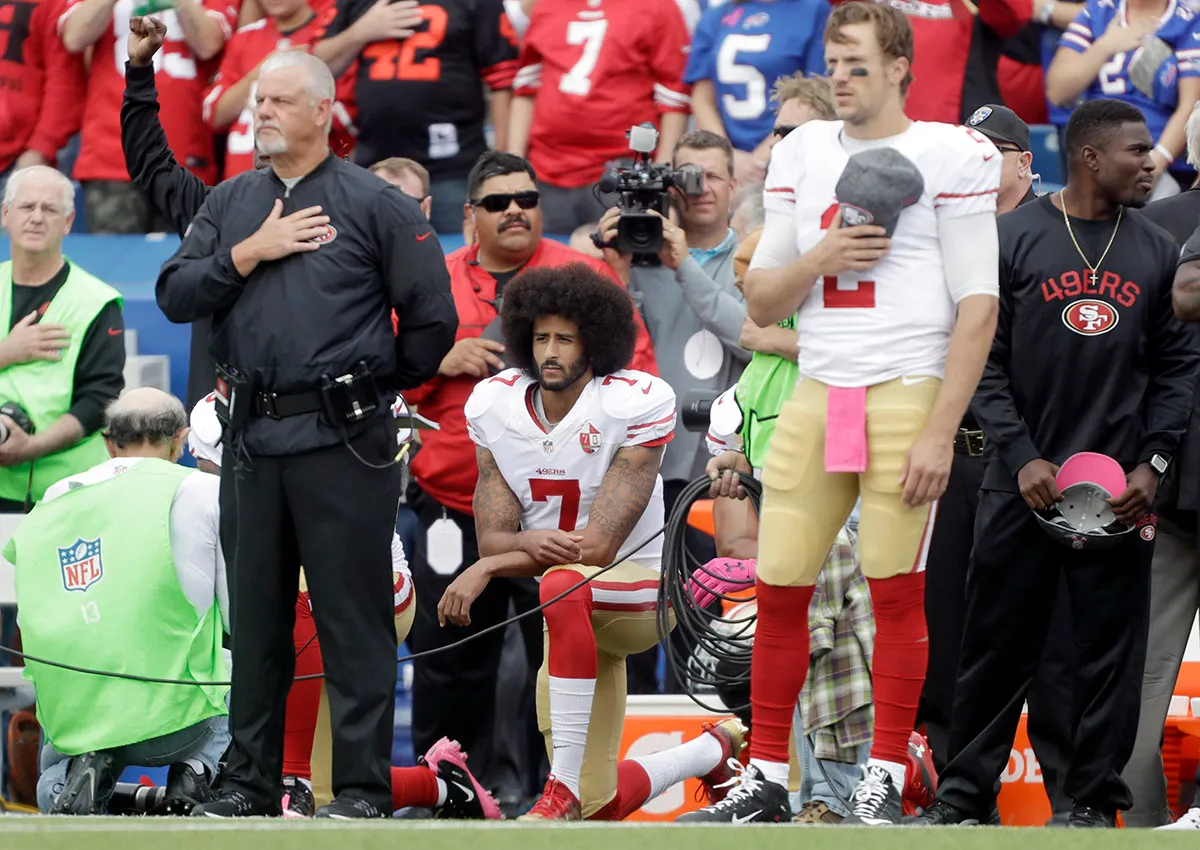The intersection of sports and activism has a profound history, highlighted vividly in recent years. A key moment came on August 26, 2016, when Colin Kaepernick, then a quarterback for the San Francisco 49ers, chose to kneel during the national anthem in protest against racial injustice and police brutality in America. This act, seen by millions, spurred a nationwide conversation about race, privilege, and the role of athletes in social activism. Kaepernick’s gesture was both lauded and criticized, showcasing the polarizing nature of athletes taking a stand on significant societal issues.
Historical Context
The legacy of athlete activism traces back decades. In the 1960s, Muhammad Ali’s opposition to the Vietnam War and his advocacy for civil rights were groundbreaking. The 1968 Olympics were marked by Tommie Smith and John Carlos’ Black Power salute, a potent symbol against racial discrimination. In the 1970s, Billie Jean King’s advocacy brought gender equality to the forefront in sports.
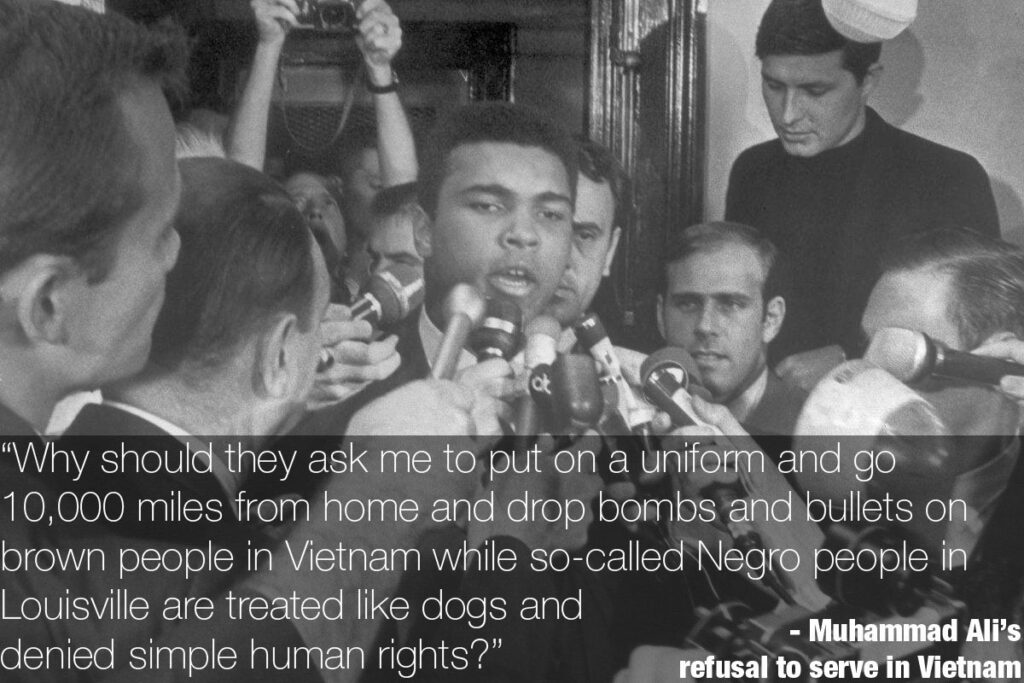
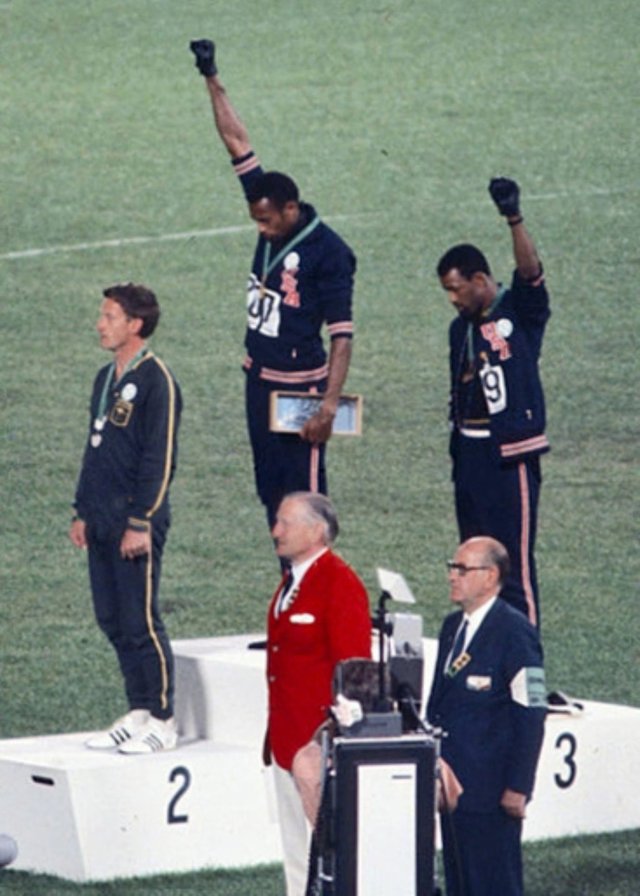
Globally, the tradition of athlete activism has been just as powerful. South African rugby player François Pienaar, in the 1995 Rugby World Cup, was instrumental in uniting a country divided by apartheid, collaborating closely with Nelson Mandela. Brazilian soccer legend Sócrates used his influence to promote democracy during his country’s military dictatorship. In the late 2000s, Didier Drogba of Côte d’Ivoire played a crucial role in bringing peace to his war-torn country by appealing for a ceasefire, which was honored.
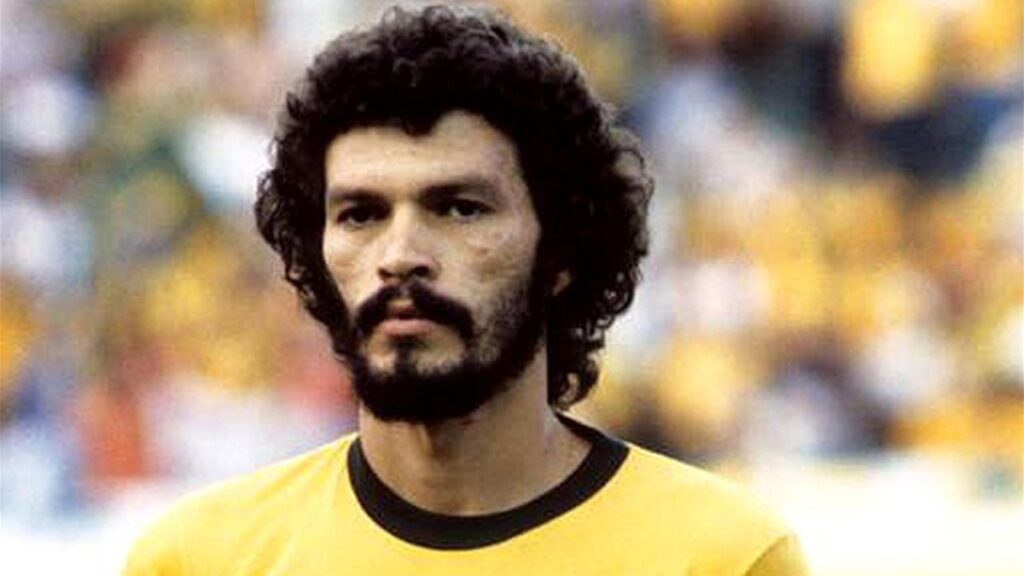
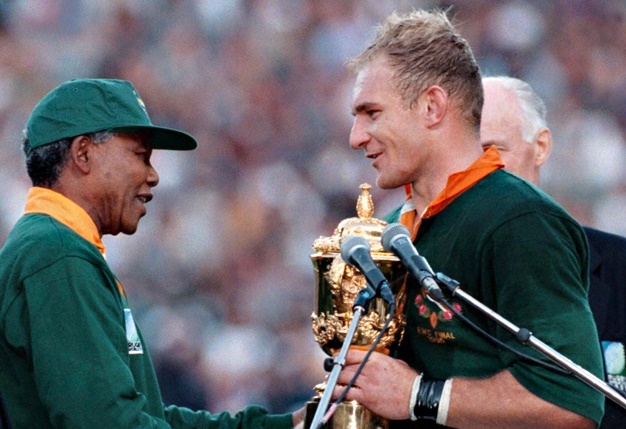
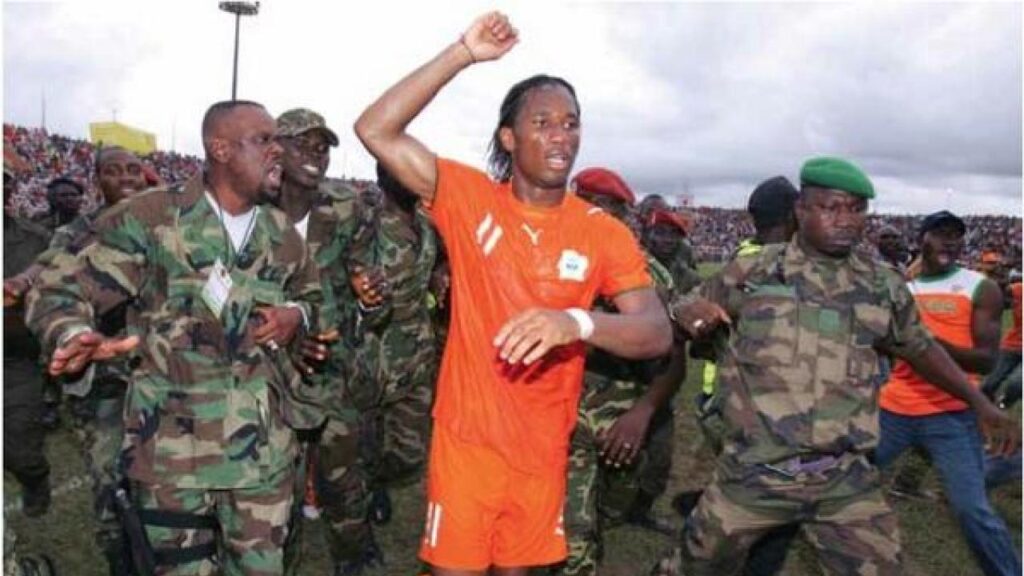
In recent years, the scope of athlete activism has broadened to encompass issues like mental health and LGBTQ+ rights, which were often overlooked in the sports arena. For instance, Megan Rapinoe has been a vocal advocate for LGBTQ+ rights, using her prominence to push for equality both in and out of sports. Naomi Osaka, a top-tier tennis player, brought global attention to mental health issues, particularly in high-pressure professional environments, by withdrawing from the French Open citing mental health reasons. Her decision opened a crucial dialogue on the often-unseen pressures athletes face. LeBron James has consistently used his platform to address various social issues, including racial inequality and education reform, establishing a school for underprivileged children in his hometown.
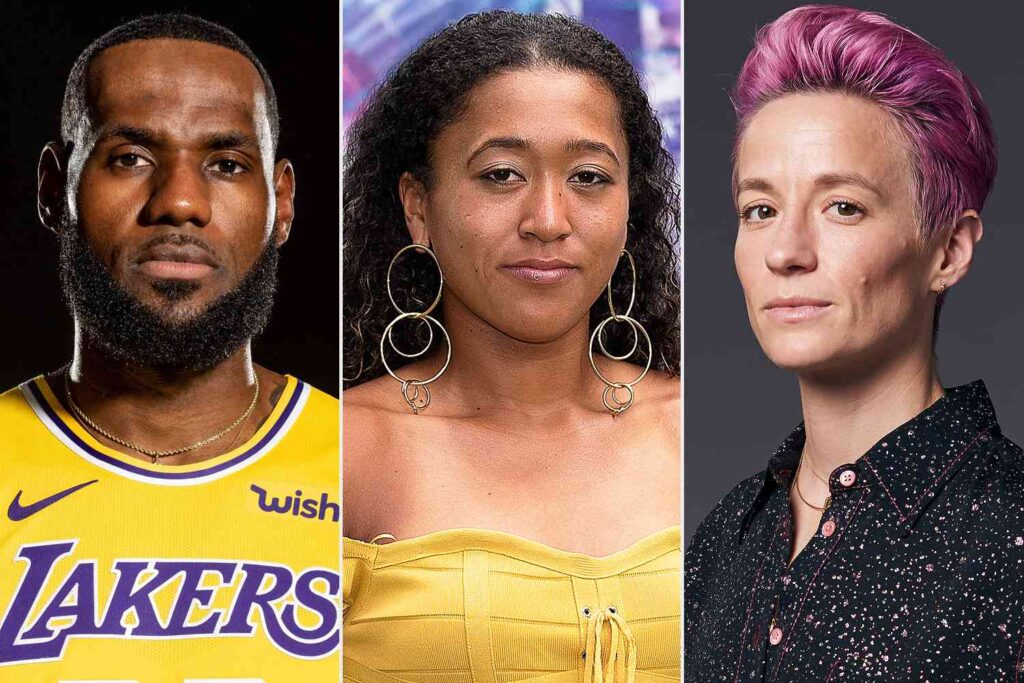
Impact Analysis: A Ripple Effect in Society
Athlete activism goes beyond raising awareness; it often leads to concrete societal and policy changes. For instance, Kaepernick’s actions amplified the Black Lives Matter movement, prompting broader discussions on racial inequality in the U.S. The advocacy by sports figures like Rapinoe has contributed to greater acceptance and legislative progress for LGBTQ+ rights. Osaka’s stand has sparked crucial conversations in the athletic community about the importance of mental health. However, measuring the direct impact of such activism remains challenging, as societal change is a complex process influenced by numerous factors.
Current Landscape & The Weight of Public Expectation
In today’s digital age, the public increasingly looks to celebrities and athletes to take a stand on pressing social issues. This expectation places a significant burden on public figures to use their influence responsibly. For example, during the height of the conflict in Palestine, there was a surge in calls on social media for celebrities like Taylor Swift to speak out in support of Palestinian rights. These demands highlight how athletes and celebrities are expected to navigate complex geopolitical issues, often without the expertise but with significant public influence.

Navigating a Minefield
Athletes who engage in activism face a myriad of challenges. Criticisms range from accusations of being uninformed to facing severe backlash, including threats to their careers and personal safety. For instance, Kaepernick’s career was notably impacted post-protest, with many arguing that his activism was potentially the reason he was not signed by another NFL team at the time. Athletes must navigate the thin line between using their platform for advocacy and maintaining their professional obligations. Furthermore, they often face scrutiny over the causes they choose to support or ignore, highlighting the complex dynamics of celebrity activism in modern society.
Embracing the Power and Responsibility of Influence
As the world of sports continues to intersect with social and political spheres, the role of athletes as agents of change is increasingly undeniable. Their actions, whether kneeling in protest or speaking out on social media, have a unique power to catalyze public discourse and inspire action. Athletes, by virtue of their public visibility and influence, possess a rare platform from which their voices can reach millions, transcending the boundaries of sports to address broader societal issues. This position of influence, however, comes with a weighty responsibility. Each action, each statement, and each stance taken becomes a part of a larger narrative, contributing to the ongoing dialogue around critical social issues.
Looking Forward
As we look to the future, it is evident that the intersection of sports and social activism will continue to evolve. Athletes, as prominent public figures, will likely remain at the forefront of this evolution, leveraging their platforms for a range of causes. The challenges they face will persist, but so too will the opportunities to make meaningful contributions to societal change. The expectation for athletes to voice their opinions on pressing issues is unlikely to diminish, reflecting a broader societal shift towards a more engaged and socially conscious public sphere. The dialogue around athlete activism, complex and multifaceted, is a testament to the evolving role of sports in our society – not just as a form of entertainment, but as a powerful conduit for social change.
